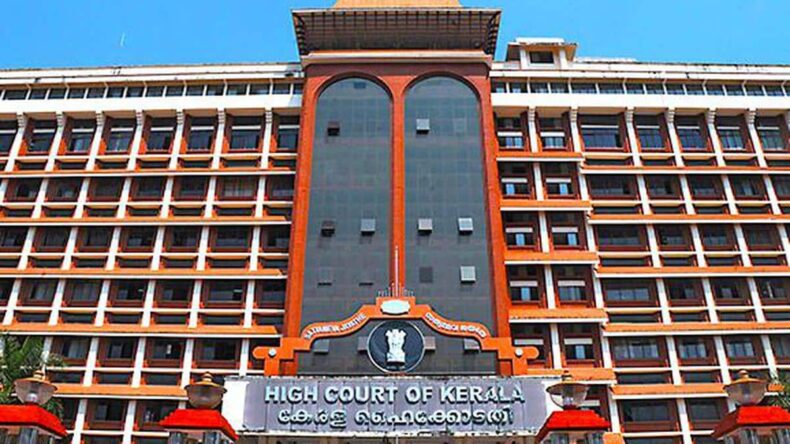The Kerala High Court had recently called out an Arbitrary, Unilateral and Illegal action of a Bank, whereby the bank had withheld security as well as title documents of a mortgaged property of a borrower, even though the borrower had repaid the loan amount, on the pretext that during the subsistence of the mortgage period the borrower had committed fraud by way of alienating his property to third parties.
How the situation transpired :
In this present case “Vinu Madhavan v. State Bank of India” [WP(C) No. 4806 OF 2024], the petitioner had availed housing loans from the respondent bank for a total sum amounting to Rupees Sixteen lakhs and in return, the petitioner had mortgaged his property’s original title documents.
Now, during this period of subsistence of the Mortgage, the petitioner had executed a deed by way of which interest, some share, and ownership in the said property was alienated in favour of the petitioner’s wife, which was as per the offer proposed by her, whereby she would in exchange invest a certain amount received by her from her family into the petitioner’s business. During this said period of subsistence of the Mortgage, the petitioner had further also mortgaged a part of the said property in favour of another third party which was the “Kanayannur Taluk Co-operative Agriculture and Rural Development Bank” in exchange for two more loans, consequently on the closing of the loan accounts by the petitioner, the respondent bank had refused to release the security documents and title deed of the property of the petitioner.
The ground taken and relied upon by the bank was that fraud had been committed on part of the petitioner as he had alienated the mortgaged property during the subsistence of the period of the mortgage without the bank’s prior consent and that subsequently his account was classified as fraudulent by the bank.
The Petitioner had subsequently sought a Writ Petition in the nature of Mandamus, seeking the court to order the respondent bank to release the relevant security and title documents relating to the petitioner’s property.
The Court’s Rationale in the matter:
One of the major points of reason considered by the court in its honourable judgement is that ultimately the loan account of the petitioner was closed upon the repayment of the loan and the relevant interest amount, and that the objective of creating the mortgage was to ensure and secure the repayment of the loan which was ultimately duly paid by the petitioner, therefore the bank cannot withhold the title documents and other security documents of the property, further the court also propounded that the bank on its own cannot decide a matter where fraud has been alleged and proceed on to detain the title and security documents of the property as a consequence, if any loss has been effected upon the bank due to the petitioner’s alienation of the property to third parties during the subsistence of the period of mortgage then in that case that is a matter to be adjudicated by the relevant court of law instead of the bank itself.
The Final Verdict:
The single judge bench of the honourable High Court presided over by Justice Shaji P. Chaly reached the conclusion in this case that the writ petition filed by the petitioner is entitled to succeed and that the said petition in this present case is permissible, further the honourable court also directed that instructions would be issued to the respondents providing for the release of the title documents and other security documents.













